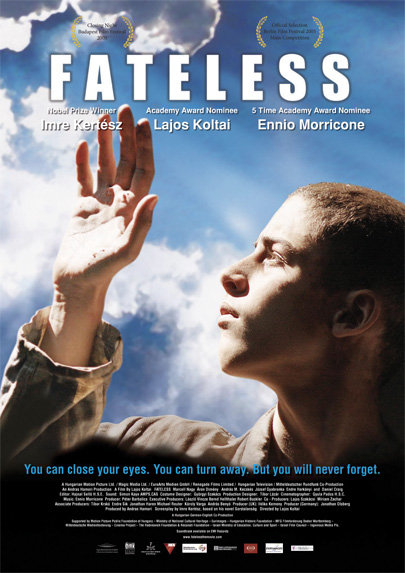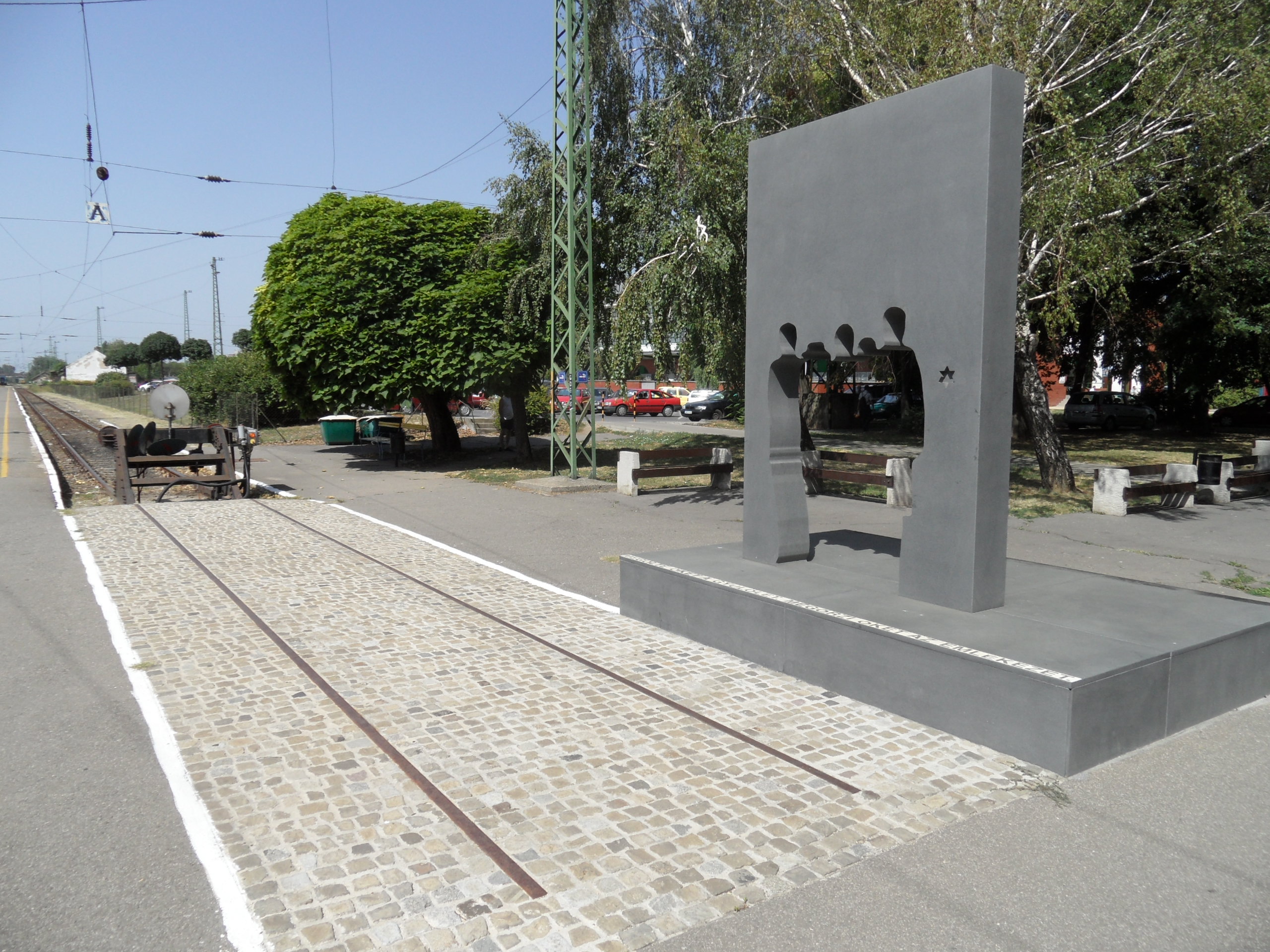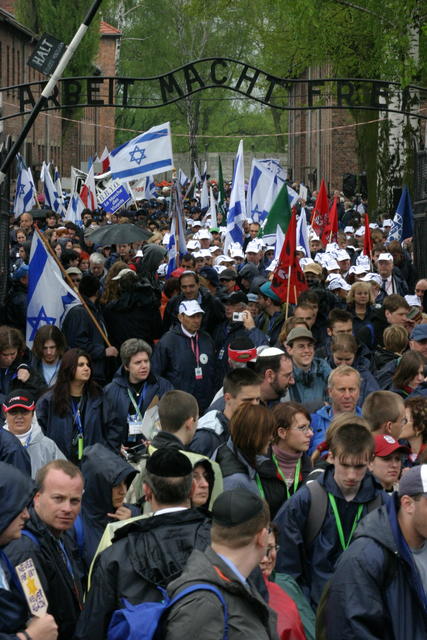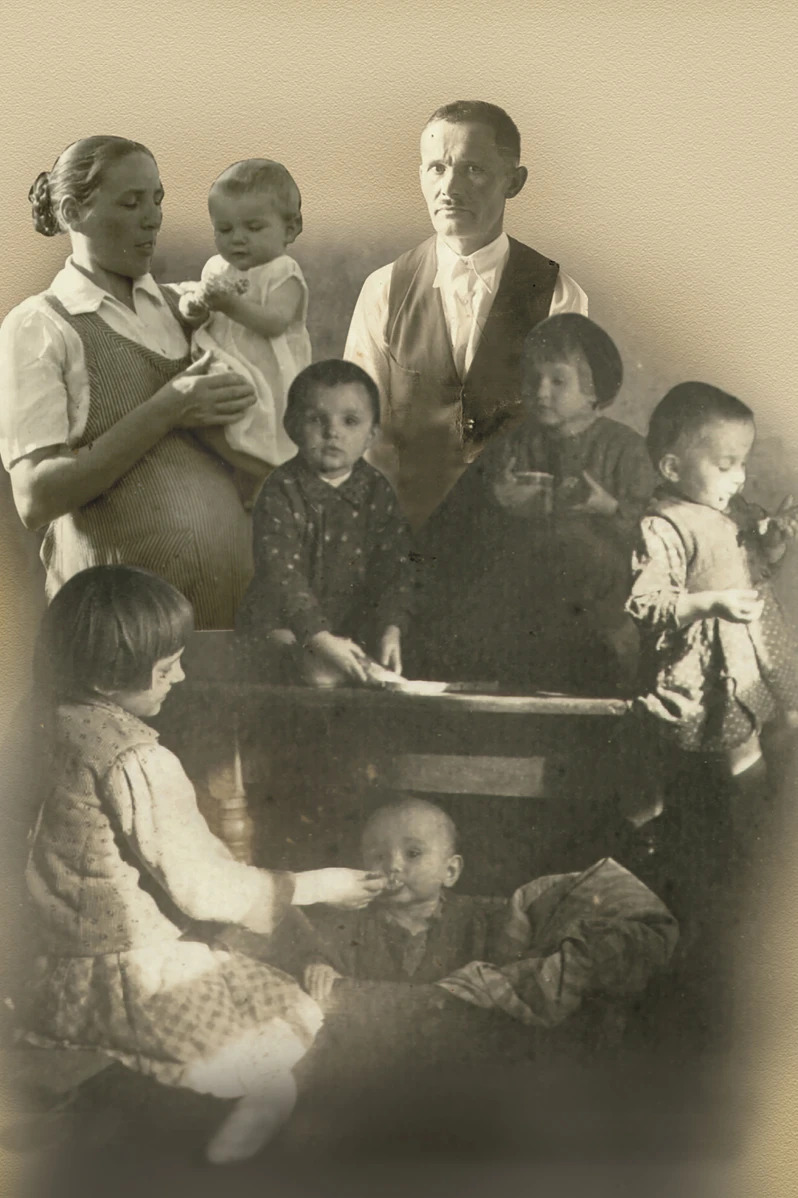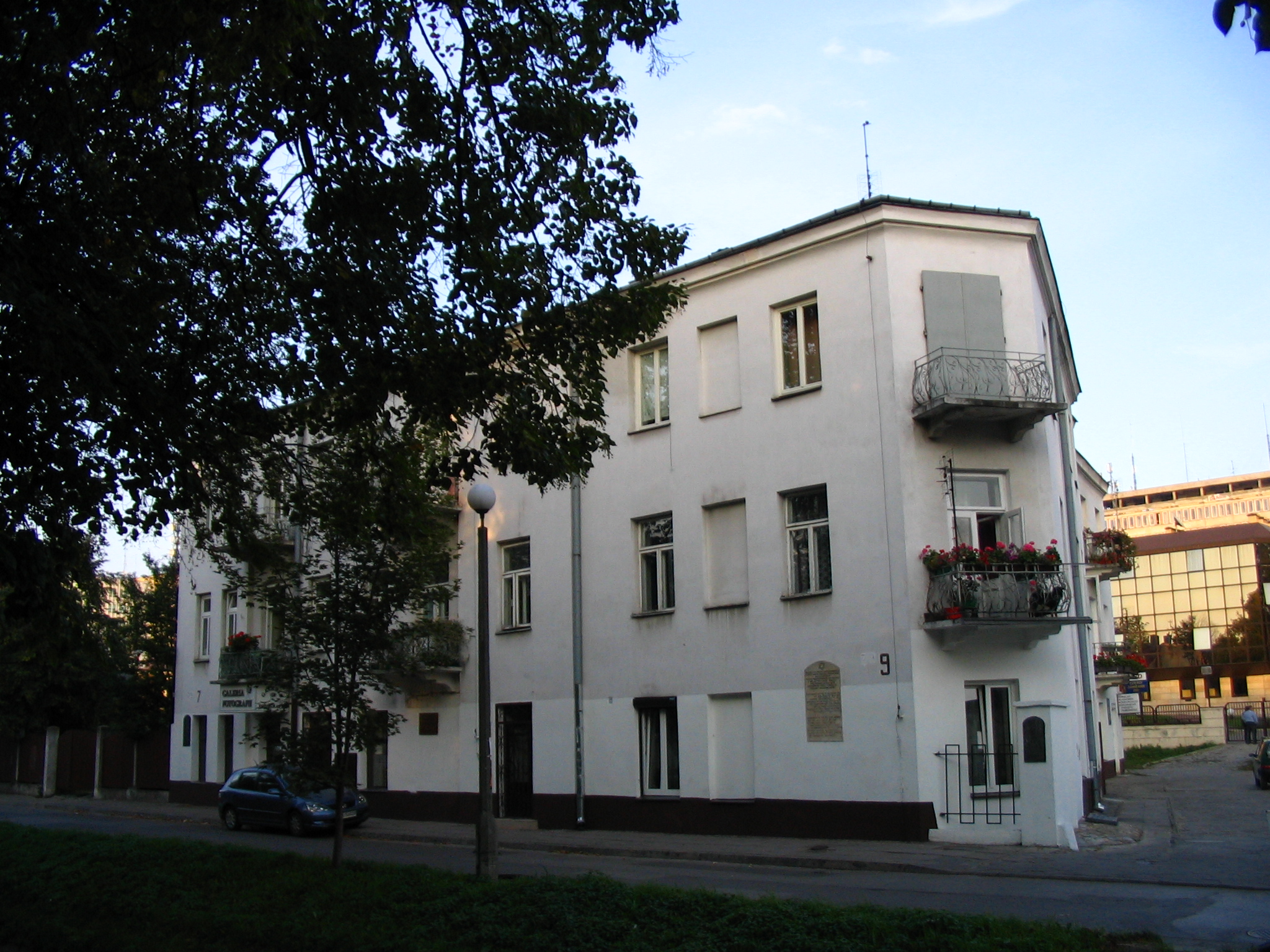Memory of the Holocaust in Hungary – Pécs, Holocaust Memorial
Fact of the Hungarian figure „Brick Factory in Obuda – The Holocaust in Hungary”
Part of the „The Holocaust” topic
The culture of Holocaust remembrance in Hungary is deeply intertwined with the nation’s painful history of the deportation and murder of nearly half a million Jews during World War II. Across the country, numerous memorials have been erected to ensure that the memory of these victims is preserved and that future generations understand the atrocities committed. While the Holocaust Memorial in Pécs serves as a significant regional site of remembrance, other important memorials, such as the Shoes on the Danube Bank in Budapest and the Holocaust Memorial Center in the capital, reflect the national commitment to remembering this dark chapter.
The Holocaust remembrance culture in Hungary also extends to literature and cinema, with the works of Nobel laureate Imre Kertész and Oscar-winning director László Nemes offering profound insights into the Holocaust’s impact on Hungarian society. Kertész’s Sorstalanság (Fatelessness) is a seminal literary work that explores the Holocaust from the perspective of a young boy, drawing on the author’s own experiences. Through its stark, detached narration, the novel sheds light on the absurdity and dehumanization faced by Jewish prisoners in concentration camps. Kertész’s novel is a cornerstone of Hungarian Holocaust literature, emphasizing the broader moral and philosophical implications of survival, complicity, and memory.
Nemes Jeles László’s film Son of Saul, which won the Academy Award for Best Foreign Language Film in 2015, presents a visceral and intense depiction of Auschwitz on screen. The film’s narrow focus on a Jewish sonderkommando (a working team of Jewish prisoners) highlights the complexity of survival and the trauma experienced by those forced to participate in the camp’s machinery of death. Through its visual intensity and emotional depth, Son of Saul complements Kertész’s literary exploration of the Holocaust, offering a cinematic portrayal that deepens our understanding of the psychological toll the Holocaust took on its victims.
